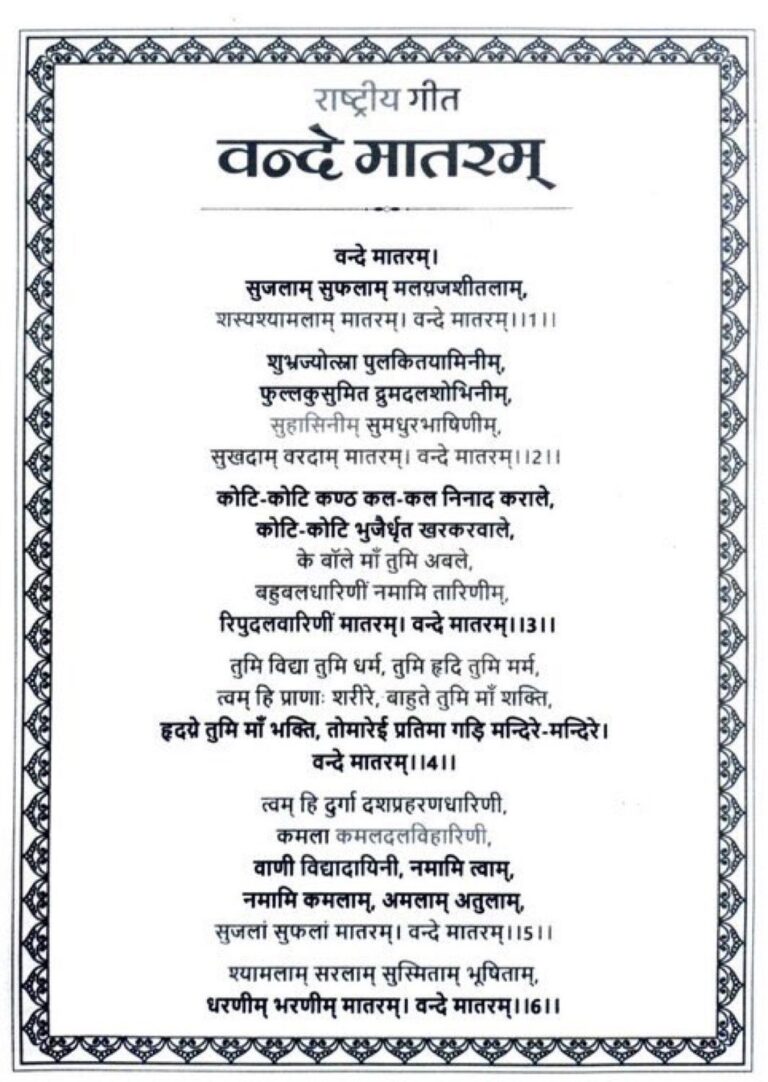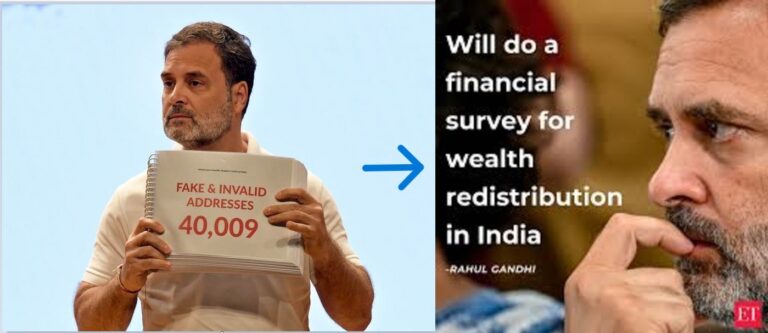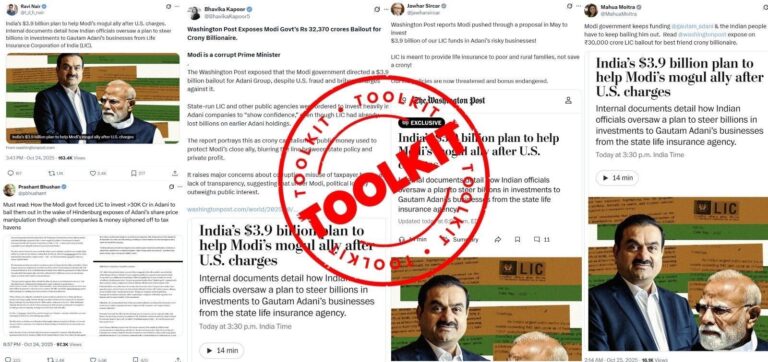
In the mystical world of Indian journalism, where anchors swing between serious news and Shakespearean theatrics, Preeti Choudhry, the self-appointed Nostradamus of elections, emerges as a star-crossed figure. Fresh from her tourde-force through Haryana—a state she claims as her own—armed with notepads, microphones, and enough anti-incumbency rhetoric to fill a season of political soap operas, Preeti seemed ready to crown herself the election oracle.
But as fate, or rather the voters, would have it, Haryana had other plans. The results rolled in like an unexpected monsoon, and Preeti, our bold fortune-teller, was left staring at her maps like a stockbroker after a market crash. Her face, live on air, was an emotive masterpiece: hope crumbled into denial, anger flirted with bargaining, and acceptance—well, that never made it to the broadcast.
As one viewer quipped, “Watching her live was like bingeing a tragic sitcom where the protagonist discovers that the map doesn’t lead to treasure but to a garbage dump.”
The Art of “Objective Advocacy”
Preeti’s critics have often accused her of pioneering a new genre in journalism: advocacy dressed as objectivity. Whether it’s her now-infamous tweet calling Donald Trump a “sexual predator” or her editorial-heavy reports on politically charged topics, her work often leans more towards the poetic than the professional. “She’s like a Shakespearean narrator,” remarked one observer, “except she’s delivering soliloquies in the middle of a news report.
And that deleted tweet? A masterpiece of subtlety and balance: “America is set to vote in a sexual predator.” Some might call it bold journalism; others might call it a masterclass in how to lose half your audience in 280 characters.
Lady Rajdeep, the Crusader
Choudhry’s critics often compare her to her equally divisive colleague, Rajdeep Sardesai, dubbing her “Lady Rajdeep.” Both have mastered the fine art of infuriating audiences across the spectrum. Preeti’s dramatic condemnations of Trump and the BJP have prompted some to wonder if her microphone comes
preloaded with opposition talking points.
As one satirical pundit noted, “Watching them on prime time is like attending a wedding where the bride and groom both insist on being the center of attention—but forget the guests came for food, not drama.”
Aroon Purie’s Balancing Act or Circus Act?
The bigger question here: what’s Aroon Purie up to? By giving Choudhry and Sardesai prime-time slots, is he attempting the impossible balancing act of keeping all sides happy? Or is this a savvy business strategy to corner the market on politically induced migraines? Critics suggest it’s less about balance
and more about banking on controversy. After all, nothing sells news like a good dose of outrage.
As Mark Twain once said (or would have said, had he lived in the age of 24/7 news): “Never let the truth get in the way of a good headline, especially when you can yell it in prime time.”
Aroon Purie’s Balancing Act or Circus Act?
Preeti’s journey from Lady Nostradamus to Lady Rajdeep is nothing short of a Shakespearean tragedy. A tale of ambition, bias, and the eternal quest for the perfect soundbite. But perhaps her critics miss the point. Journalism today isn’t about facts; it’s about feelings. And Preeti’s performances certainly make us
feel—mostly secondhand embarrassment, but still.
As one viewer wryly put it, “She may not predict elections, but she sure knows how to predict the downfall of journalism.






